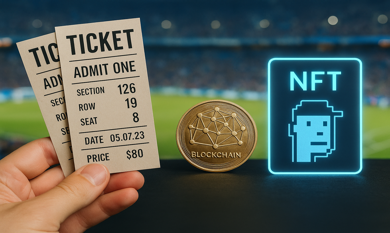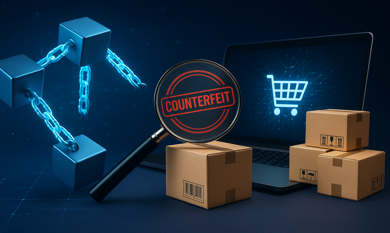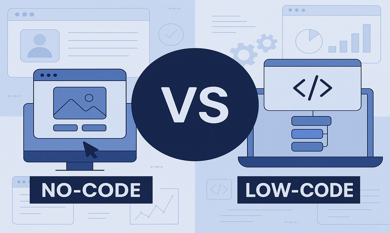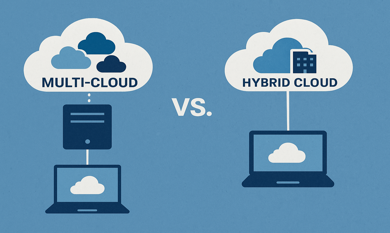Smart contracts are changing the way businesses operate by automating agreements without middlemen. These digital contracts run on blockchain networks and execute automatically when certain conditions are met. They save time, reduce costs, and enhance security. However, many businesses still struggle to understand how they work. This article breaks it down in simple terms with real-world examples.
What Are Smart Contracts?
A smart contract is a self-executing program stored on a blockchain. It follows pre-set rules and carries out actions when those rules are met. For example, if a customer pays for a service, the smart contract releases the service without needing a third party.
Popular blockchains for smart contracts include Ethereum, Binance Smart Chain, and Solana. These contracts are written in programming languages like Solidity, Rust, and Vyper.
How Smart Contracts Work
Smart contracts have a few key components that make them function properly:
1. Blockchain Network
Smart contracts run on blockchain networks, making them secure and transparent. Some of the top smart contract blockchain platforms include Ethereum, Binance Smart Chain, Solana, Hyperledger Fabric, and Avalanche. These blockchains offer different features for businesses depending on their needs.
2. Programming Languages
Smart contracts are coded in specific languages, such as:
- Solidity (for Ethereum and Binance Smart Chain)
- Rust (for Solana)
- Vyper (for Ethereum)
These languages define the rules and actions of the contract, like sending payments, storing data, or setting conditions.
3. Triggers and Conditions
Smart contracts run based on "if-then" rules. If a condition is met, the contract automatically executes the agreed-upon action. Examples include:
- If a buyer sends payment, the seller delivers the product.
- If an insurance claim is approved, the payout is made.
Steps in a Smart Contract Transaction
1. Deploying the Contract
A smart contract is created, coded, and uploaded to the blockchain. It receives a unique address, making it accessible to users.
2. Triggering the Contract
Users interact with the contract by sending a transaction that activates it.
3. Execution and Validation
The blockchain network checks whether all conditions are met. If they are, the contract executes the action.
4. Permanent and Transparent Records
Once a smart contract is deployed, it cannot be changed. This ensures security and trust since all transactions are visible on the blockchain.
Real-World Applications of Smart Contracts
Smart contracts are already making an impact in various industries. Here are some practical examples:
1. Financial Services & Payments
Smart contracts automate financial processes, making transactions faster and more secure. Use cases include:
- Instant loan approvals and repayments.
- Cryptocurrency trading on decentralized exchanges (DEXs).
- Automated insurance claim payouts.
Examples:
- MakerDAO: Uses smart contracts for automated lending and borrowing.
- AXA Insurance: Pays flight delay compensations through smart contracts.
2. Supply Chain Management
Smart contracts improve transparency and efficiency in supply chains. They help:
- Automate payments once goods are delivered.
- Track items from origin to destination.
- Ensure compliance with industry regulations.
Examples:
- IBM Food Trust: Tracks food safety and supply chains for Walmart.
- Maersk's TradeLens: Uses smart contracts to streamline global shipping.
3. Real Estate & Property Transactions
Smart contracts remove the need for middlemen in real estate, making transactions faster and cheaper. They enable:
- Secure property sales without intermediaries.
- Automated rental agreements and payments.
- Fractional ownership of properties through tokenization.
Examples:
- Propy: A blockchain platform for real estate transactions.
- Mattereum: Enables tokenized property ownership.
4. Healthcare & Data Management
Smart contracts improve privacy and efficiency in healthcare by:
- Enabling secure patient data sharing.
- Automating insurance claims and billing.
- Verifying drug authenticity in the supply chain.
Examples:
- BurstIQ: A healthcare blockchain platform that ensures secure data sharing.
- MediLedger: Uses smart contracts to prevent counterfeit drugs.
Challenges of Smart Contracts
Despite their benefits, smart contracts have some challenges:
1. Security Risks
Errors in smart contract code can lead to hacking and financial losses. Businesses must conduct regular security audits.
2. High Transaction Costs
Some blockchains, like Ethereum, have high fees for running smart contracts. Solutions like Layer 2 networks (e.g., Polygon) help reduce costs.
3. Legal & Regulatory Issues
Laws around smart contracts are still developing, and businesses must ensure they comply with regulations.
4. Integration with Existing Systems
Traditional companies may struggle to connect smart contracts with their current infrastructure. Blockchain oracles like Chainlink help link smart contracts with external data.
The Future of Smart Contracts in Business
Smart contracts are evolving and will soon become even more powerful. Future developments include:
- Cross-Chain Compatibility: Allowing smart contracts to work across different blockchains.
- AI-Powered Contracts: Using artificial intelligence to improve automation and decision-making.
- Government-Approved Smart Contracts: Ensuring contracts comply with regulations and legal standards.
Frequently Asked Questions
1. Are smart contracts legally binding?
It depends on the jurisdiction. Some countries recognize them as legally binding, while others require additional legal frameworks.
2. Can smart contracts be edited after deployment?
No, once deployed, a smart contract cannot be changed. However, developers can create upgradeable contracts using proxy patterns.
3. What industries benefit the most from smart contracts?
Finance, real estate, supply chain, and healthcare are the top industries using smart contracts.
4. How do businesses ensure smart contract security?
Regular security audits, peer reviews, and using well-tested libraries help prevent vulnerabilities.
5. What are the best platforms for smart contract development?
Ethereum, Binance Smart Chain, Solana, Hyperledger Fabric, and Avalanche are some of the top choices.
Conclusion
Smart contracts are revolutionizing business by making transactions faster, more transparent, and cost-effective. From finance and real estate to supply chain and healthcare, companies using smart contracts can gain a competitive edge. Businesses looking for smart contract development services must consider security, cost, and scalability when implementing blockchain-based automation.
While challenges exist, ongoing advancements in security, scalability, and regulations are making smart contracts more reliable and practical for businesses of all sizes. For expert smart contract development services in Dallas, partnering with experienced blockchain developers like Theta Technolabs can help companies unlock the full potential of this transformative technology.






















_Choosing%20the%20Right%20App%20Development%20Company_%20A%20Comprehensive%20Guide_Q1_24.jpg)
_Chatbots%20for%20Event%20Management%20and%20Hospitality%20Services_Q1_24.jpg)
_Best%20iOS%20App%20Development%20Company_%20Enhancing%20User%20Engagement%20with%20Push%20Notifications_Q2_24.jpg)
_Key%20Trends%20in%20Healthcare%20Software%20Development%20for%20the%20Future_Q2_24.jpg)
_How%20much%20does%20it%20cost%20to%20create%20an%20android%20app%20in%202024%20for%20Startups_%20A%20detailed%20guide_Q2_24.jpg)
_Integrating%20Chatbots%20Into%20Your%20Application.jpg)


_Enhancing%20Driver%20Safety%20and%20Compliance%20with%20Web%20Apps%20in%20the%20Logistics%20Sector_Q3_24.jpg)
_Web%20Apps%20for%20Retail%20and%20eCommerce_%20Streamlining%20Operations%20and%20Reducing%20Costs_Q3_24.jpg)
_How%20AI%20is%20Enhancing%20Construction%20Site%20Surveillance%20and%20Security%20in%20Dallas_Q3_24-1.jpg)
_The%20Impact%20of%20Cross-Platform%20Apps%20on%20Real%20Estate%20Market%20Trends%20in%20Dallas_Q3_24-1.jpg)
_Streamlining%20Appointment%20Scheduling%20with%20Cloud%20Computing%20in%20Dallas%20Healthcare_Q4_25.jpg)
_How%20Cloud%20Solutions%20Are%20Enhancing%20Remote%20Patient%20Monitoring%20in%20Healthcare_Q4_25.jpg)































.png)





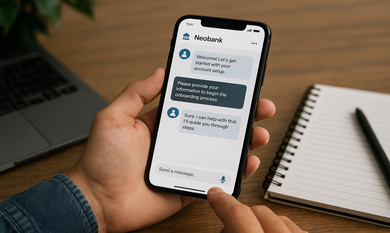
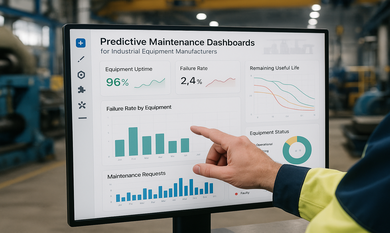





.png)

.png)
.png)
.png)
.png)


.png)
.png)
.png)
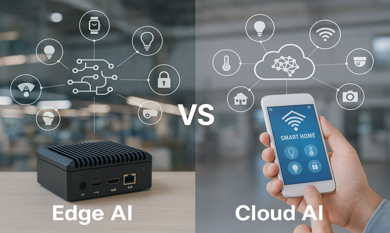
.png)






.png)
.png)






